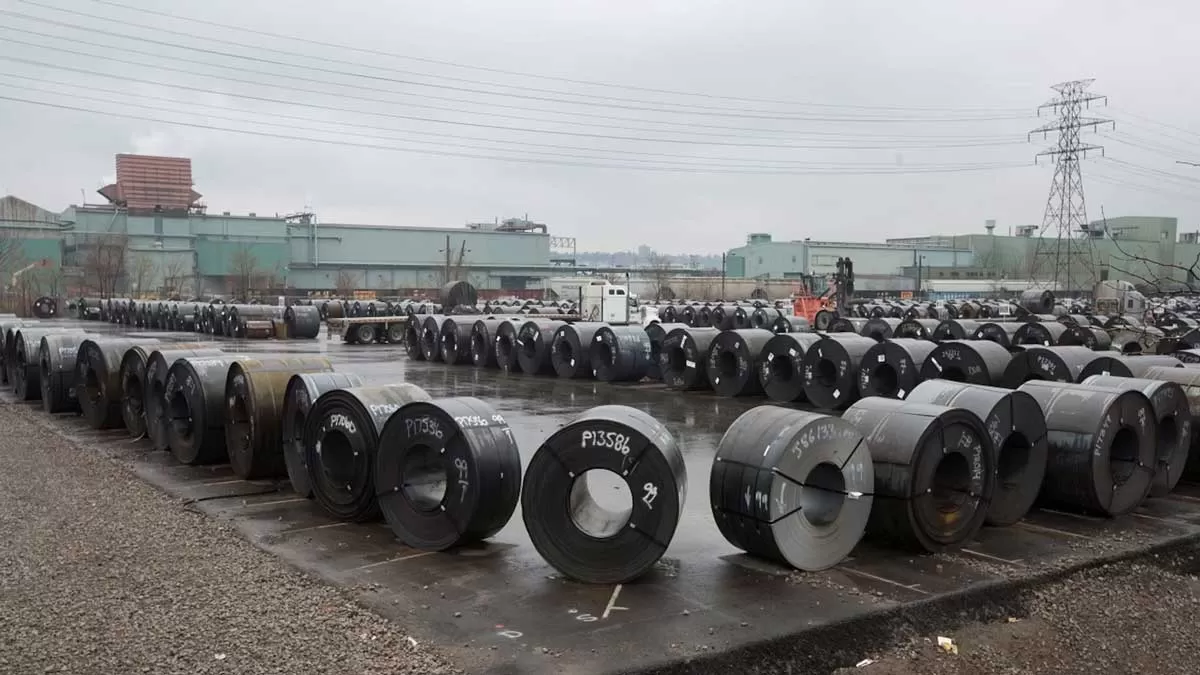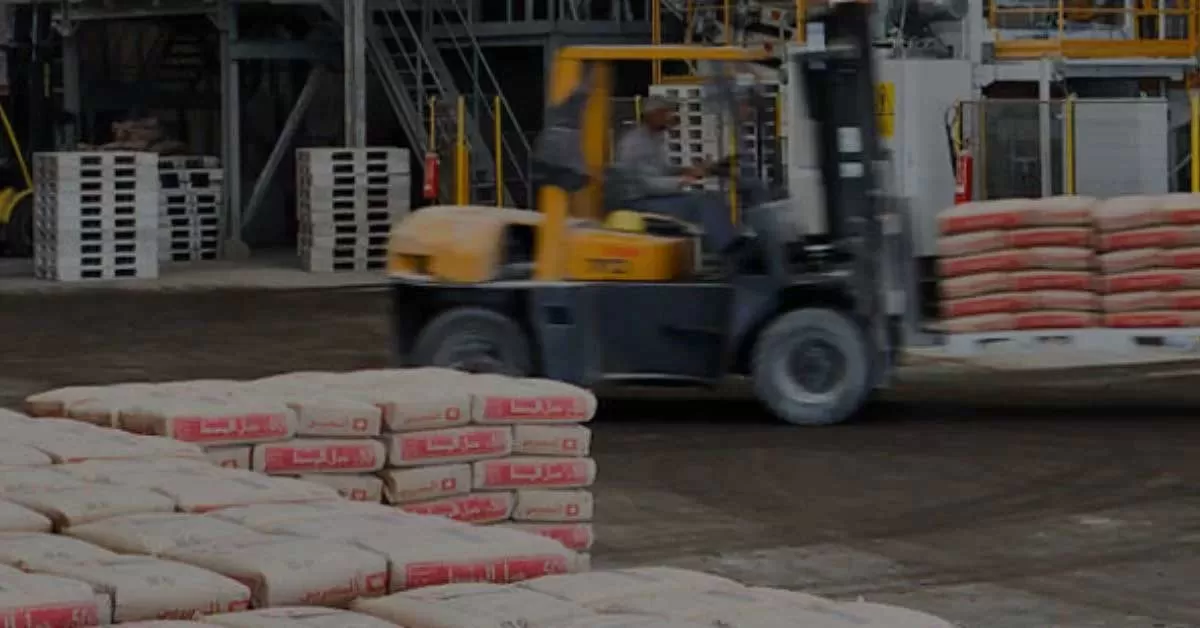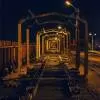Infrastructure is the backbone of the Indian economy and infrastructure development is key to the economic growth of our country. In 2019, Prime Minister Narendra Modi envisioned India as a $ 5 trillion economy, which would go on to become a global economic powerhouse by 2024-25. With this, India would become the third largest economy in the world. Fittingly, in this year’s Budget, the Government has given a huge emphasis to infrastructure aimed at achieving this goal.While India has been working towards this phenomenal pace of economic growth and formulating growth strategies accordingly, nobody could have anticipated the COVID-19 pandemic, which emerged as the single biggest challenge in the history of the global economy. The construction industry, which represents 13 per cent of global GDP, has been significantly affected by the crisis. With the construction industry being interrelated, complex and collaborative, the resultant disruption of global supply chains and workforce adversely impacted the cost and schedule of infrastructure projects during the pandemic.Challenging traditional practicesCOVID-19 has challenged traditional construction processes that rely on manual labour and onsite workers. For the construction industry to bounce back to normalcy, it is vital to concentrate on protecting the three critical Ps—People, Projects and Performance—using the power of technology. In view of this, Union Minister for Road, Transport and Highways Nitin Gadkari batted for protection to contractors and engineers who are trying new technologies and promoting innovations in the execution of projects. Indeed, construction companies will need a complete overhaul to realise the advantages of digitisation. While restrictions are lifting across the globe, technology has become critical to reshape the future and success of this industry.First, organisations need to protect one of their most valuable resources: people. Numerous people work using common facilities at construction sites that can easily lead to a COVID-19 outbreak among the entire workforce. This onsite transmission can be contained by intensifying safety measures and changing operating practices to ensure physical distancing and proper sanitation. Today, technology can help businesses maintain social distancing to help prevent any spread of the infection. Using AI-enabled high-definition CCTV cameras, they can even spot areas where social distancing norms are being flouted and take corrective measures.Embracing technologyCurrent challenges in infrastructure projects, such as the disruption in the labour market, restricted use of construction materials, health and safety concerns, potential bankruptcies and cashflow challenges, will make it imperative for the construction sector to embrace advanced technological concepts like AI, augmented reality (AR), machine learning (ML), Cloud-based collaboration and, most important, BIM. Buildings and infrastructure development in India will certainly take a leap with developments in all these areas. There has to be tremendous focus on the introduction of technologies such as big-data analytics, IoT and AI-based equipment and processes as well as 3D design and printing technologies. Technologies such as intelligent drones will also provide the opportunity to reduce maintenance expenses. Certain drones reduce the need for onsite workers and increase safety. They can also dramatically improve preventive maintenance by inspecting and scoping work faster than existing methods and provide more detailed information about required repairs.Organisations will now need to explore how best to adjust their operating models across engineering, procurement and construction so that performance can be maintained in the face of the pandemic. Digital technology will create a seamless and fully automated platform wherein all processes such as submitting and approving construction documents, budgets, bills, and status updates are automated. Additionally, lean construction techniques can help reduce process waste and variability in delivery. This will lead to factors like greater transparency, efficiency and adherence to timelines that will benefit all stakeholders.Bolder and biggerTo go further, the industry needs to be able to dream bolder and bigger. For this, ‘digital delivery’ is evolving and can be truly transformative. One of the most effective ways of using digital data is digital delivery, which can be used to design, construct, inspect and record the delivery of a construction project. It delivers faster, smarter and better infrastructure that our future demands. The most used technology for digital project delivery includes 3D engineered models, 3D surveys (light detection and ranging, also known as LiDAR), automated machine-guided construction equipment, mobile devices, paperless workflows, GIS applications, and unmanned aircraft systems (UAS) that we know more commonly as drones. Similar technology used to design the project can be used for building and inspecting.According to a 2017 study by Oregon State University in the US, the investment in a mobile LiDAR mapping system is recovered within a year of collecting information towards multiple applications. The Oregon Department of Transportation invested more than $ 1 million to deploy a mobile mapping system, which resulted in savings of almost $ 5 million over a five-year period. While a nearly 250 per cent return on investment (ROI) is impressive, having the 3D survey information readily available to support 3D design projects, asset management inventory, bridge vertical clearances and maintenance preventive work is the real value of this progressive technology.In consideration of all these factors, it is evident that technology has the wherewithal to address various major challenges faced by the construction industry. The usage of digital tools can magnify efficiency and economy. The future belongs to those construction firms who are technology-driven and who optimally harness available processes to execute their operations. Starting from worker safety to ensuring that projects are economically feasible and assuring data-driven project performance, technology can make a massive difference in the way construction projects are planned and executed. Hence, if the COVID-19 crisis is seen as an opportunity to innovate, it can be the catalyst to help construction firms build a strong digital foundation for the future.About the author:Amol Rodrigues, Director of Business Development - South Asia, Louis Berger, is responsible for business development and acquisition of new projects. In his nearly two decades of experience in the infrastructure and construction segments, he has led various strategic roles encompassing construction management, bid management, technical proposals, contract management and quality management.


















